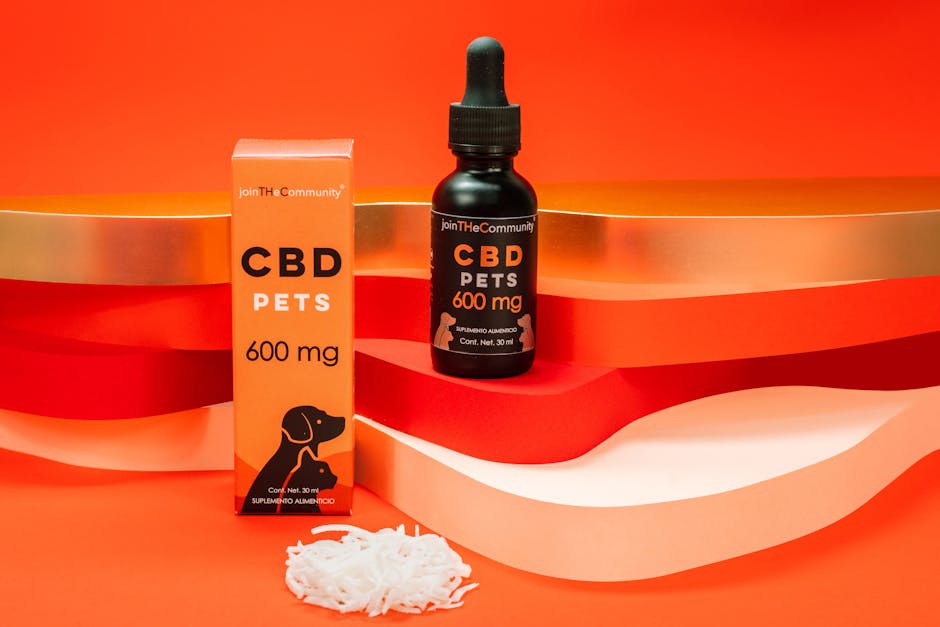Kittens, those adorable bundles of energy, require specific nutritional support to thrive and develop into healthy, robust cats. Proper nutrition during this crucial growth period is paramount for ensuring optimal physical and cognitive development. This article delves into the intricate world of kitten nutrition, highlighting the vital nutrients and feeding strategies that contribute to a happy, healthy feline.
A kitten’s dietary requirements differ significantly from those of an adult cat. Their rapid growth necessitates a higher density of essential nutrients, particularly proteins, fats, vitamins, and minerals. A balanced diet tailored to their specific needs provides the foundation for a robust immune system, strong skeletal structure, and a vibrant coat. Failing to meet these demands can lead to growth retardation, health complications, and decreased longevity.
Crucial Nutrients for Kitten Development
Proteins are the building blocks of kitten tissue development. A high-quality protein source, preferably animal-based, is vital for muscle growth, healthy skin and coat, and overall development. Amino acids, the components of proteins, are particularly important for building and repairing tissues during rapid growth spurts. Dietary deficiencies in essential amino acids can significantly hinder kitten development.
Healthy fats are another critical component of a kitten’s diet. These fats provide energy, support cell development, and aid in the absorption of fat-soluble vitamins. Oils rich in omega-3 and omega-6 fatty acids are particularly important for maintaining healthy skin and coat, promoting brain development, and supporting optimal immune function. These essential fatty acids are often not produced by the body and need to be supplied through the diet.
Vitamins and minerals are essential cofactors in various metabolic processes crucial for kittens. Vitamins like vitamin A, crucial for vision and immune function, vitamin D for bone health, and the B vitamins supporting energy production are critical for healthy development. Minerals, including calcium and phosphorus, are vital for healthy bone development and proper nerve function. A well-balanced kitten food ensures adequate intake of these micronutrients.
Essential Considerations in Kitten Feeding
Choosing the right kitten food is paramount. Look for foods specifically formulated for kittens. These foods are meticulously designed to meet the high nutritional demands of this stage in a cat’s life. Avoid feeding adult cat food to kittens, as it may not contain sufficient nutrients for rapid growth and development.
Portion sizes are another key aspect to consider. Kittens, due to their rapid growth, have a higher metabolic rate and require more frequent, smaller meals compared to adult cats. Overfeeding can lead to obesity, which carries its own set of health concerns. Underfeeding, conversely, can hinder growth and development.
Consult with a veterinarian is crucial for tailored advice. A veterinary professional can assess individual needs based on factors such as breed, health status, and any specific conditions. They can provide guidance on the right food type, portion sizes, and feeding frequency, ensuring the kitten receives the optimal nutrition for their specific circumstances.
Frequency of Feeding and Timing
A kitten’s digestive system is still developing, making it susceptible to digestive issues if fed an inadequate number of meals. Frequent feeding schedules, ideally multiple small meals throughout the day, are crucial to support their growing bodies.
Consistent mealtimes will help establish a routine and aid in digestion. This helps to maintain a healthy gut microbiome, which plays a role in overall health and immunity. However, consulting a vet is advisable to ascertain the right feeding schedule for each kitten.
Transitioning to Adult Food
The transition from kitten food to adult food should be a gradual process to avoid digestive upset. Gradually introduce small amounts of adult food mixed with the kitten food over a period of several days. This allows the kitten’s digestive system to adapt to the new formula without experiencing any issues.
Common Nutritional Challenges
Some kittens might face certain dietary challenges, like allergies or sensitivities. Introducing new foods slowly, monitoring for reactions, and consulting a veterinarian are crucial in managing such sensitivities.
Ensure the food is always fresh and clean. Store kitten food appropriately to maintain its nutritional value and prevent spoilage.
Monitoring for Signs of Nutritional Deficiencies
Monitoring your kitten for signs of nutritional deficiencies is crucial. These signs may include lethargy, poor coat condition, slowed growth, or digestive issues. Early detection allows for timely intervention and prevents potential health problems.
Conclusion
Ensuring a kitten receives appropriate nutrition is crucial for a healthy and vibrant feline companion. Understanding their unique nutritional needs and adhering to feeding guidelines, coupled with veterinary guidance, will lay a strong foundation for a long, happy, and healthy life. Remember, a well-nourished kitten is a cornerstone for a thriving adult cat. Thorough research and open communication with a veterinarian are essential for optimal kitten care and development.
